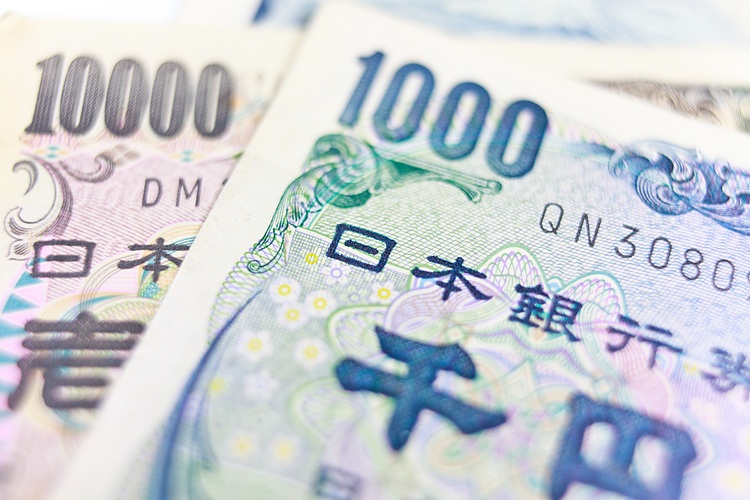The Japanese Yen (JPY) experienced losses against major currencies this week, particularly the US Dollar. However, the JPY staged a rebound early Thursday. Market participants will be focusing on the release of preliminary October Manufacturing and Services Purchasing Managers’ Index (PMI) data for Germany, the Eurozone, the UK, and the US, as well as other economic data such as Initial Jobless Claims and New Home Sales figures for September.
USD/JPY extended its uptrend, reaching its highest level since late July, but corrected lower on Thursday. Bank of Japan (BoJ) Governor Kazuo Ueda mentioned the challenge in reaching the 2% inflation target sustainably, while Finance Minister Katsunobu Kato refrained from discussing possible intervention in foreign exchange markets. The Bank of Canada (BoC) lowered the policy rate by 50 basis points to 3.75%, causing USD/CAD to rise, before declining early Thursday.
EUR/USD continued to push lower and stayed below 1.0800, while GBP/USD lost ground but edged higher early Thursday. Gold set a new all-time high before losing traction as the US Treasury bond yield rose, ending the day with a loss of more than 1% before regaining some ground.
The Japanese Yen’s value is influenced by factors such as the performance of the Japanese economy, Bank of Japan’s policy decisions, bond yield differentials between Japan and the US, and risk sentiment among traders. The BoJ has intervened in currency markets to lower the Yen’s value in the past, but does so cautiously due to political concerns. The Yen depreciated when the BoJ implemented ultra-loose monetary policy from 2013 to 2024, but has gained some support as the policy is gradually unwound.
In recent years, the BoJ’s ultra-loose monetary policy has resulted in a policy divergence with other central banks, particularly the US Federal Reserve. This divergence has favored the US Dollar against the Japanese Yen. The Yen is often considered a safe-haven asset, with investors turning to it during times of market stress. This perception of stability can lead to an increase in the Yen’s value compared to riskier currencies.










